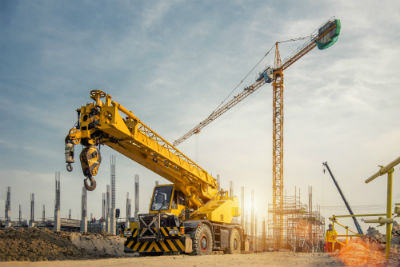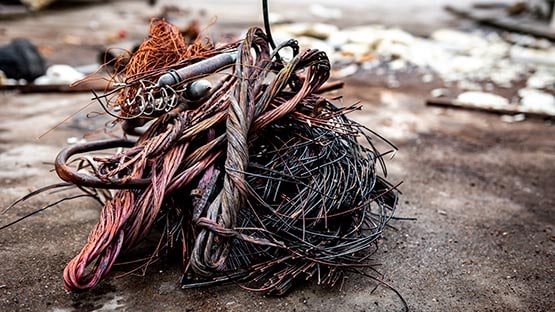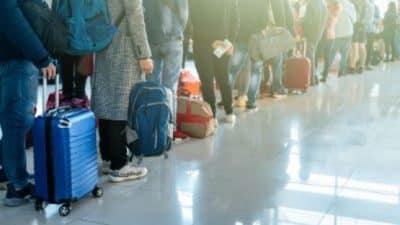
Construction zones account for an estimated 10% of all traffic congestion and 24% of unexpected freeway delays. If those statistics don’t grab your attention, the number of fatal accidents in work zones should.
According to the Department of Transportation, 799 fatalities occurring in work zones during 2017. Of these, 658 were motorists and passengers, 136 were bicyclists and pedestrians, and five were people on non-motor personal transportation vehicles.
Construction zones annoy millions of drivers, especially when they are running late or are otherwise in a hurry. Most states have laws stating that drivers should slow down while driving through them. Despite this, the majority of construction zone accidents are the fault of drivers. The majority of fatalities in these accidents involve those motorists and not workers.
Staying safe in a construction zone is simple so long as drivers, pedestrians, and workers follow these tips on construction zone safety.
Minimize Distractions
There can be a lot going on in construction zones. There’s a lot to pay attention to, from other drivers to construction workers and vehicles. To stay safe, reduce your distractions while driving. Don’t try and eat, change radio stations, or use your smartphone while traveling through a construction zone.
Merge Promptly When You See Lane Closure Signs
Lane closures are the most common cause of accidents and road rage in construction zones. Signs usually warn a person well ahead of time of a lane closure, so make sure that you merge as soon as it is safe to do so. Waiting until the lane has come to an end and then forcing your way into the adjoining lane is not only impolite, it can cause an accident.
Reduce Your Speed
The typical speed limit on highways in construction zones is 55 m.p.h. when workers aren’t present. When they are around, speeds may be significantly lowered. In order to provide incentives for drivers to follow the speed limits, many jurisdictions double the fines for speeding tickets.
Follow Flagger Instructions
Flaggers are present in many construction zones, especially those in residential areas. Reduce your speed when you see signs that flaggers are present. Even when a flagger’s instructions may contradict other road signs, always pay attention to and follow the directions of a flagger.
Pay Attention to the Signs
There are usually road signs, typically large, orange, and diamond-shaped, that warn drivers that a work zone is coming up. When you begin seeing these signs, pay attention to the roadway. There will often be vehicles, workers, and sometimes, cones set out. Slow down and be prepared for anything when you start seeing “construction zone ahead” signs.
Remember, construction zones are generally present to improve your commute by laying new asphalt, adding additional lanes, and in numerous other ways. While they may be frustrating and unexpected, remaining patient and following speed limits can help you to stay safe in construction zones.
Following the tips above can ensure that your commute ends with everyone arriving safely. You will also contribute to increased road worker safety.
What to Do After an Accident
If you are a passenger or a worker who was involved in an accident, you may want to speak to a construction accident lawyer near you to discuss whether or not you have a viable case. These tragic events can result in a lifetime of pain and caretaking expenses for the injured.
Families of the deceased may lose the future income, companionship, and parenting of those who are killed. On top of this, they may be left with medical bills and funeral costs.
The majority of construction zone accidents are preventable. Please pay attention when you’re on the road, especially where construction work is taking place. It could save a life. It might even save your life.










